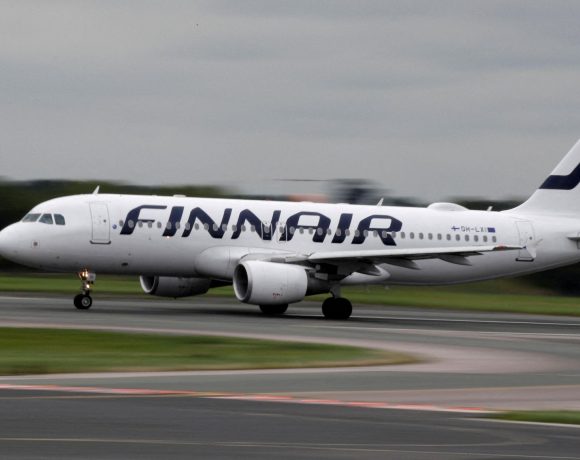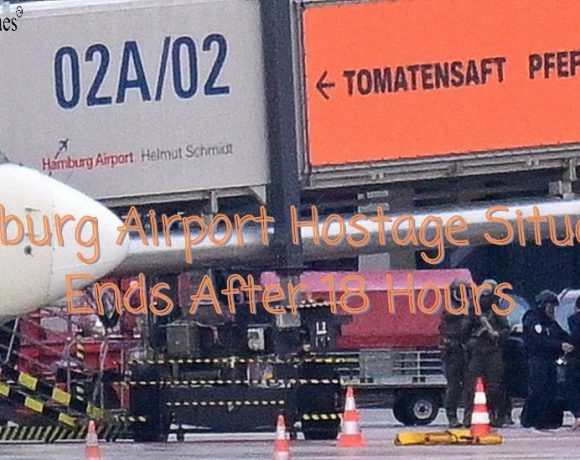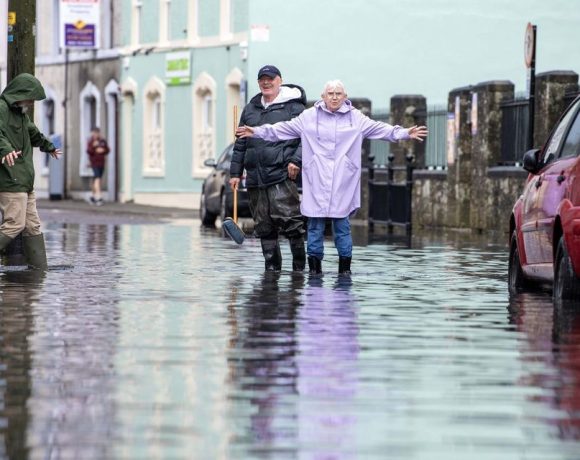
Researchers studying the migration patterns of Greater Spotted Eagles have found that these birds altered their usual routes across Ukraine in response to the conflict and environmental damage caused by war. They believe the eagles avoided dangers such as artillery fire and troop buildups, likely due to damage to their habitats.
The study, published in Current Biology by researchers from the Estonian University of Life Sciences and the British Trust for Ornithology, reveals that the eagles deviated significantly from their usual paths, spent less time at refueling sites, and traveled longer distances. These changes resulted in delays and increased energy expenditure for the birds.
While all tracked birds survived, the researchers are concerned about the potential long-term effects on their breeding capabilities. As the Greater Spotted Eagle is classified as a vulnerable species, any disruption to their migratory patterns and breeding performance is considered a significant conservation concern.
Picture Courtesy: Google/images are subject to copyright






